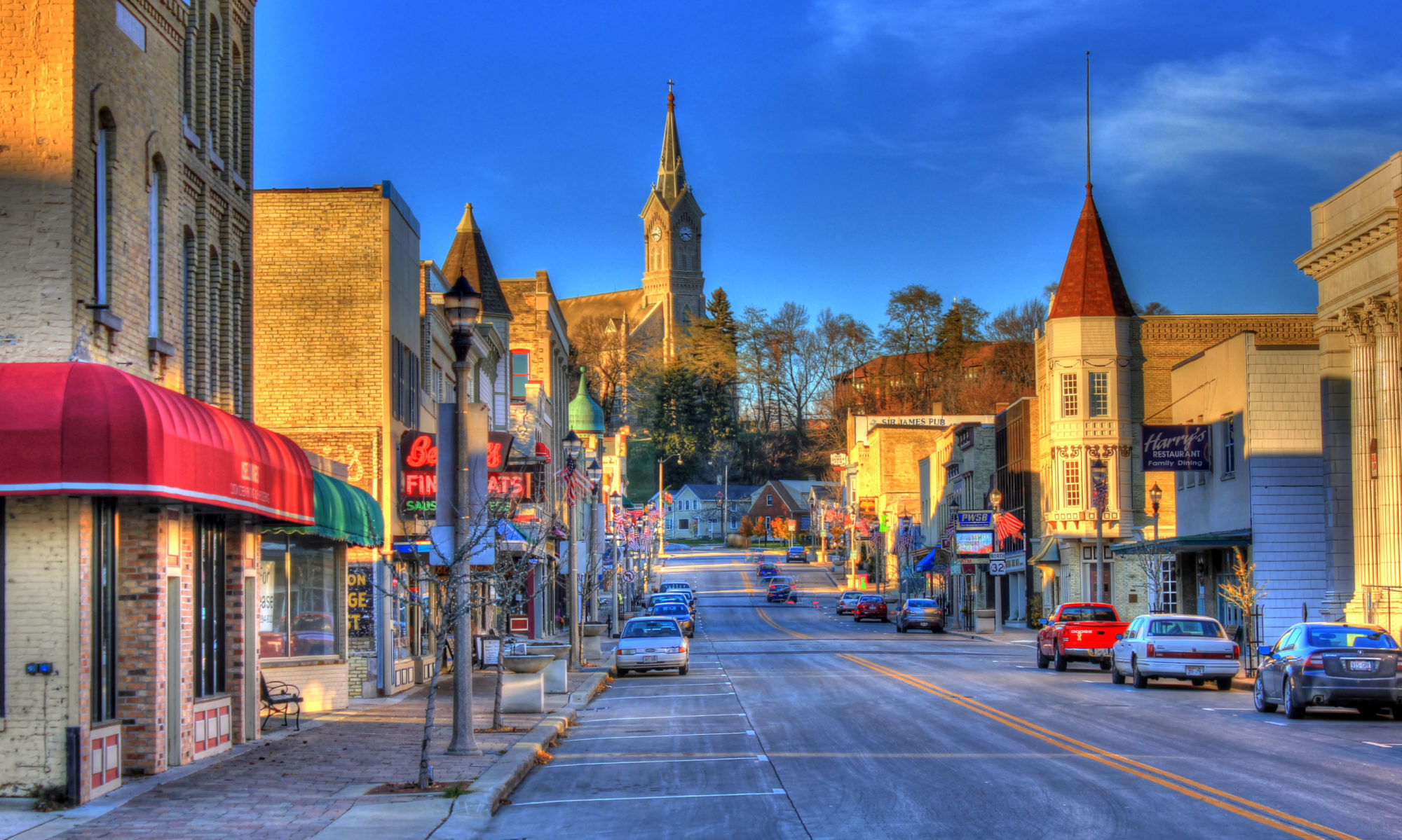The song I’ve Got My Love to Keep Me Warm[i] was written by Irving Berlin, and popularized by Billie Holiday
The snow is snowing
The wind is blowing
But I can weather the storm
Why do I care how much it may storm
I’ve got my love to keep me warm
Off with my overcoat
Off with gloves
I need no overcoat
I’m burning with love
My heart’s on fire
The flame grows higher
So I will weather the storm
Why do I care how much it may storm
I’ve got my love to keep me warm
Billie Holiday sings that she has her love to keep her warm. What is she singing about? Perhaps it is a lover that keeps one warm. It also might be a spouse. The question arises, “What is love?”
Here are some things that love is not.
Love is not. . .. falling in “love.”: “We fall in love only when we are consciously or unconsciously sexually motivated.”
Love is not dependency.: “Love is the free exercise of choice. Two people love each other only when they are quite capable of living without each other but choose to live with each other.”
Love is not Self-Sacrifice: “He had to learn that not giving at the right time was more compassionate than giving at the wrong time, and that fostering independence was more loving than taking care of people who could otherwise take care of themselves. He also had to learn that expressing his own needs, anger, resentments and expectations was every bit as necessary to the mental health of his family as his self-sacrifice, and therefore that love must be demonstrated in confrontation as much as in beatific acceptance.”
Love is not a feeling: “The common tendency to confuse love with the feeling of love allows people all manner of self-deception. An alcoholic man, whose wife and children are desperately in need of his attention at that very moment, may be sitting in a bar with tears in his eyes, telling the bartender, “I really love my family.” People who neglect their children in the grossest of ways often will consider themselves the most loving of parents. There may be a self-serving quality in this tendency to confuse love with the feeling of love; it is easy and not at all unpleasant to find evidence of love in one’s feelings. It may be difficult and painful to search for evidence of love in one’s actions. But because true love is an act of will that often transcends short-lived feelings of love or cathexis, it is correct to say, “Love is as love does.” Love and non-love, as good and evil, are objective and not purely subjective phenomena.”
“I define love thus: The will to extend one’s self for the purpose of nurturing one’s own or another’s spiritual growth.”[ii]
In The Vision, the United Methodist Church NY Annual Conference newsletter the question is asked, “What Is Love?”[iii]
It’s silence when your words would hurt;
It’s patience when another is curt;
It’s deafness when some gossip flows;
It’s compassion for another’s woes;
It’s courage when misfortune falls;
It’s firmness when one’s duty calls;
It’s restitution made when due;
It’s forgiving when asked of you.
What we probably less likely to hear is that love is work. Love demands that we work at it.
The birth of a child in Bethlehem makes this all possible. It is love that came down on Christmas. This child becomes and adult who teaches us love, what it means and how to achieve it. He demonstrated love successfully. We love because he first loved us.
[i] Source: LyricFind: I’ve Got My Love to Keep Me Warm lyrics © Concord Music Publishing LLC
[ii] M. Scott Peck, The Road Less Traveled
[iii] The Vision, NY Annual Conference newsletter, Pentecost 1992.
